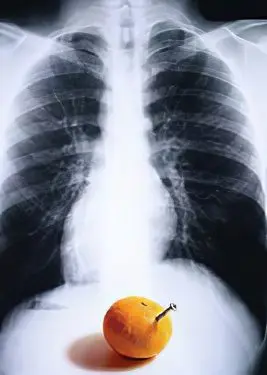Dyspepsia refers to diseases that are accompanied by indigestion. Given the reasons that provoke the development of the pathological process, dyspepsia is divided into pathologies associated with disruption of certain parts of the digestive tract or with insufficient formation of enzymes involved in digestion. In the latter case, intestinal, gastric, pancreatic and hepatic dyspepsia can also be distinguished. In a separate group, alimentary dyspepsia associated with alimentary disorders is distinguished, this article describes fermentative, putrefactive and fatty dyspepsia.
In order to prevent and treat dyspepsia, first of all, attention is paid to the nutrition of patients who are prescribed a certain diet. At the same time, the underlying disease is treated, which contributes to the appearance of attacks of dyspepsia, chronic gastritis, pancreatitis, etc.
Diet recommendations for dyspepsia

The diet recommended by the doctor depends on the nature of the disease, at the same time, there are general recommendations that are suitable for almost all patients. Nutrition for dyspepsia should be fractional and frequent. This principle underlies all diet therapy.
Patients suffering from dyspepsia are not recommended to eat a large amount of food for dinner, and it is also undesirable to starve during the daytime. It is better to eat in a calm environment, while not reading or watching TV. It is very important for patients to stop smoking so as not to complicate the course of the disease.
The diet should include without fail first courses (soups and broths). It is recommended to refuse artificial food additives, dyes, preservatives, etc. Food and drinks should be warm – not cold and not hot. The therapeutic diet excludes floury yeast products, rice, tomato paste, fruit juices, raw vegetables and fruits. From drinks, water, weak tea are recommended, and carbonated drinks should certainly be excluded. With fermentative dyspepsia, the diet of patients does not include foods rich in carbohydrates; in this case, patients are recommended protein foods (broth, fish soup, boiled meat, cottage cheese, butter).
Putrefactive dyspepsia involves the rejection of foods rich in protein. Patients are recommended cereal decoctions, crackers, river fish, apples. Gradually, the diet of patients is enriched with wheat bread, lean meats, fish broth, soups, dry biscuits, chicken, turkey, potatoes, zucchini, eggs, berry soufflé, etc.
The diet for dyspepsia caused by excessive consumption of fatty foods is reduced to replacing animal fats with vegetable ones, and their amount is also significantly reduced.
Patients benefit from adsorbing drugs, vitamin preparations; in case of dyspepsia caused by a violation of the exocrine function of the digestive system, enzyme preparations, hydrochloric acid, painkillers and drugs for the treatment of dysbacteriosis are prescribed.
[Video] Dr. Zaur Orudzhev – What is Dyspepsia? (Indigestion):









